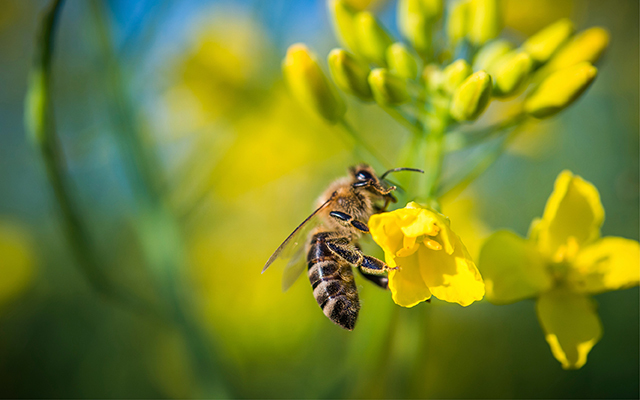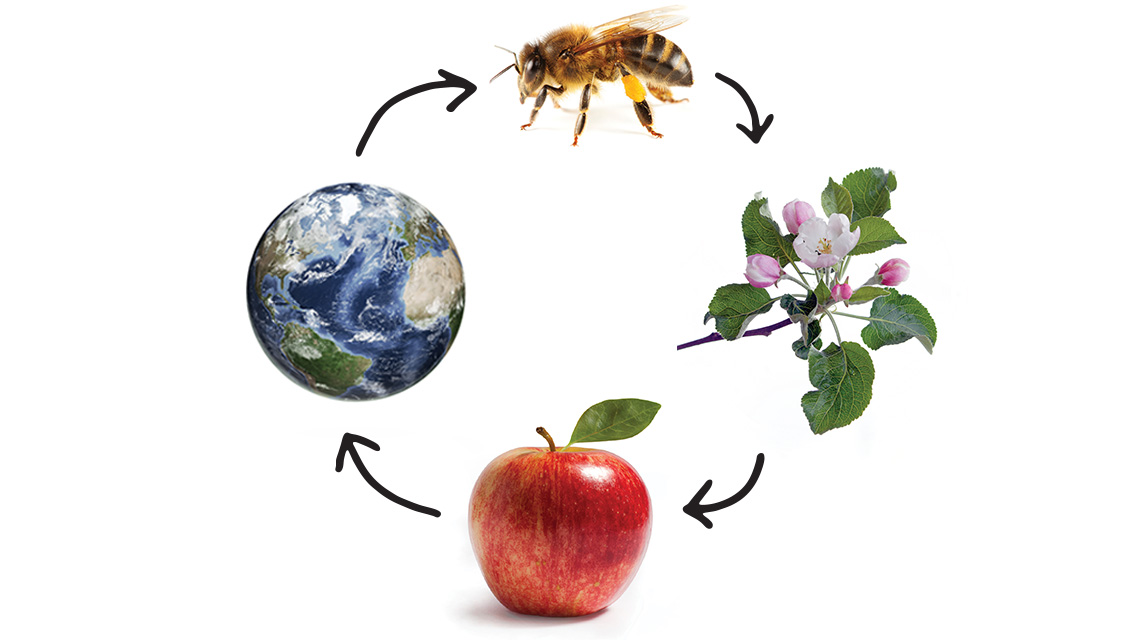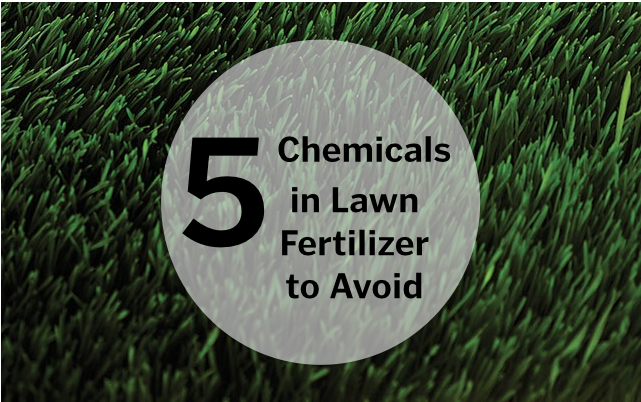Gardeners who have relied on pesticides to guard their plants from weeds will soon be able to treat their roses, shrubs, and trees without endangering pollinating bees.
Ortho, a subsidiary of the popular Scotts Miracle-Gro brand, has announced it will reformulate three of its pesticide products that contain neonicotinoids, eliminating the chemicals that have been proven toxic to bees and may have contributed to the recent collapse of bee colonies worldwide. The company will drop the chemicals from five of its other products by 2021.
The move comes as lawmakers in several states consider ways to regulate usage of neonicotinoids in the wake of declining bee populations. Maryland beekeepers reportedly lost more than 60 percent of their hives last year, and legislators responded in April by passing a bill that would ban the retail sale and household use of neonicotinoid pesticides. If Gov. Larry Hogan signs the bill, Maryland would become the first state to prohibit home gardeners from using the chemicals.
The U.S. Fish and Wildlife Service banned the use of neonicotinoids on national wildlife refuges in 2014, and the organization is considering whether to use the Endangered Species Act to protect two types of wild bumblebees.
Ortho vice president and general manager Tim Martin told National Public Radio that the company’s decision was a way to reassure consumers that it was aware of these concerns and willing to act on them. “While agencies in the U.S. are still evaluating the overall impact of neonics on pollinator populations, it’s time for Ortho to move on,” he said.
Neonicotinoids are related chemically to nicotine and were hailed when introduced in the 1990s as being less harmful to beneficial insects, mammals, and birds than other insecticides. Because neonicotinoids are water-soluble, they can be applied to the soil rather than simply sprayed on the plants, reducing the chemical’s airborne drift. But this systemic treatment makes the plants themselves toxic — including the pollen and nectar that attract pollinating bees.
Research has shown that neonicotinoids can harm honeybees and bumblebees in various ways:
- Impaired flying and navigation skills
- Reduced taste sensitivity
- Cognitive impairment
- Reduced food consumption
- Lower reproduction and survival rates
- Reduced foraging activity
All of these have led — along with factors such as reduced habitat, climate change, and increased vulnerability to mites — to substantially reduced bee populations. And that raises much larger questions about the sustainability of our entire food system, given that up to 80 percent of the food grown in the world is pollinated by bees.
Industry officials claim their products are safe when used according to instructions. “The products that contain neonicotinoids are safe for use by homeowners and professionals,” said Karen Reardon, a spokesperson for Responsible Industry for a Sound Environment (RISE), a trade group representing the specialty pesticide industry.
But Ortho’s decision to ditch neonicotinoids may be the first of many industry actions as regulatory initiatives begin to gain traction across the country. As Maryland delegate Anne Healey told the Capital News Service after the neonicotinoid ban passed last month, “No bees — no food. We’re taking steps to protect our food supply, because we’re in an urgent and alarming situation right now.”
Meanwhile, there are plenty of nontoxic ways to protect your backyard garden from pests. Organic Life recommends a number of options, including floating row covers, sticky traps, oil sprays, and parasitic nematodes. And consider planting more bee-friendly herbs and shrubs in your yard, as Dara Moskowitz Grumdahl suggests in “The Birds and the Bees” from our March 2014 issue. All of these involve a bit of extra effort, but the bees — and your garden — will flourish as a result.




This Post Has 0 Comments